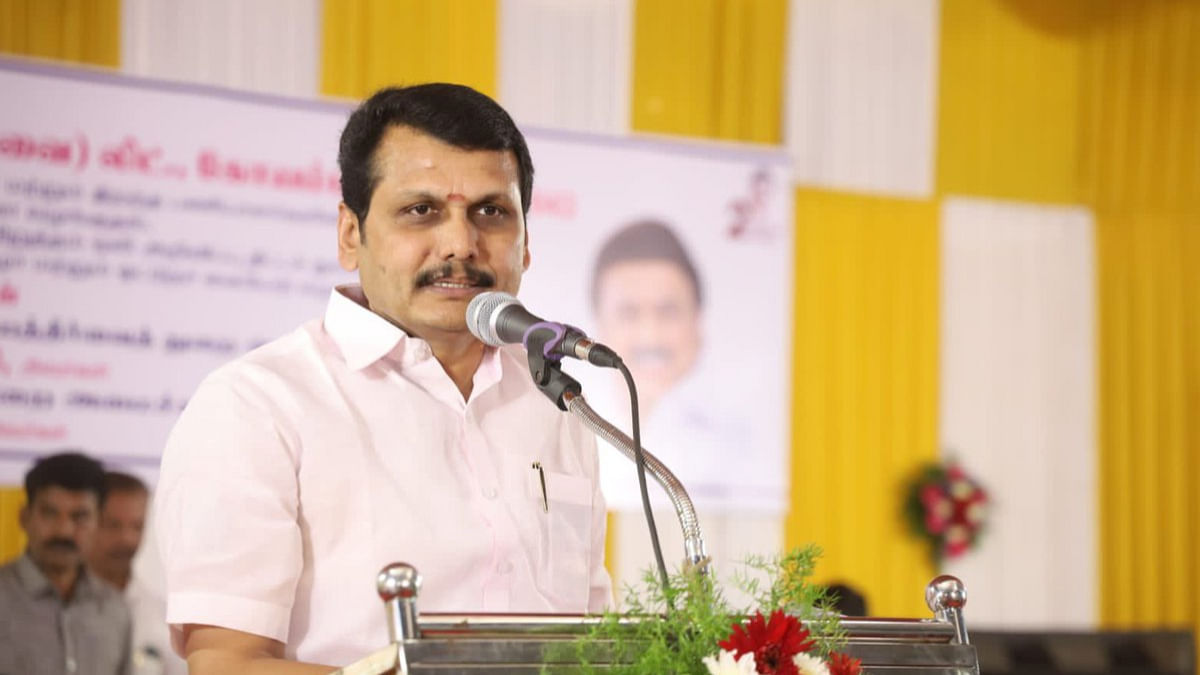
Balaji's release from Tihar Jail has sparked discussions within political circles about his reintegration into the cabinet. Sources close to the Chief Minister indicate that his reinstatement is being considered due to the party's need for stability and strong leadership in the face of upcoming elections. The DMK is keen to maintain a united front, particularly in light of ongoing political challenges from opposition parties, including the AIADMK and BJP. Balaji's absence had been felt, especially given his role in the party's grassroots mobilization and in managing public sentiment.
The court's decision to grant bail was significant, not only for Balaji but also for the DMK, which has faced scrutiny regarding its handling of corruption allegations. The judge highlighted the lack of substantive evidence presented against Balaji during the bail hearing, raising questions about the ED’s investigation methods. This development has been perceived as a potential setback for the central agencies tasked with rooting out corruption.
Since his arrest, Balaji has remained a pivotal figure in the DMK's strategy to consolidate power in Tamil Nadu. His connection to party cadres and grassroots workers is viewed as a crucial asset for the DMK, especially as the party prepares for the 2024 Lok Sabha elections. Party insiders suggest that Balaji’s return could rejuvenate the party’s campaign efforts, leveraging his popularity among constituents.
The DMK's approach towards Balaji mirrors a broader trend within Tamil Nadu politics, where political survival often hinges on loyalty and local influence. As the political landscape evolves, leaders like Balaji are crucial for navigating the complexities of public perception and party dynamics. His ability to galvanize support among voters may play a key role in shaping the DMK’s electoral fortunes.
Balaji's potential re-induction into the cabinet is also underscored by the support he has received from party leadership and allies. Chief Minister Stalin has publicly expressed confidence in Balaji's capabilities, framing his return as beneficial for the state's governance. This endorsement not only reflects Balaji's standing within the party but also highlights the DMK's strategy to counteract criticism regarding corruption and governance.
The political implications of Balaji's return extend beyond party lines, as his case has sparked discussions about the role of law enforcement in political affairs. Critics argue that the ED's actions against Balaji may have been politically motivated, aimed at undermining the DMK's authority. This perception could resonate with voters who view the agency's interventions as part of a broader campaign against opposition parties, potentially influencing public opinion in favor of the DMK.
As Balaji prepares for what could be a triumphant return to the cabinet, the focus remains on the upcoming assembly sessions where policy discussions and legislative initiatives will take center stage. His experience and prior contributions to the state’s governance may be vital in addressing pressing issues such as power supply management, infrastructure development, and public welfare schemes.
Balaji’s case also raises questions about the future of anti-corruption efforts in Tamil Nadu. While the ED and other central agencies continue to pursue investigations, the efficacy and motives behind these actions remain under scrutiny. Political analysts suggest that Balaji's bail and potential cabinet re-entry could serve as a catalyst for the DMK to rally public support by emphasizing its commitment to economic growth and development, contrasting it with the ED's ongoing inquiries.
The evolving situation surrounding Balaji illustrates the delicate balance of power within Tamil Nadu politics, where alliances and loyalties can shift rapidly. The DMK's strategy in re-integrating Balaji reflects its understanding of the need to maintain a strong coalition in a landscape where political alliances are critical for success.
